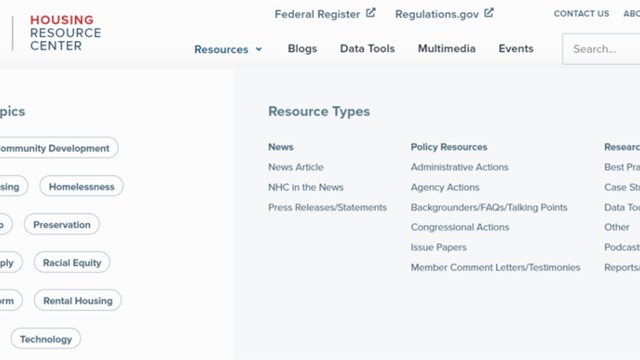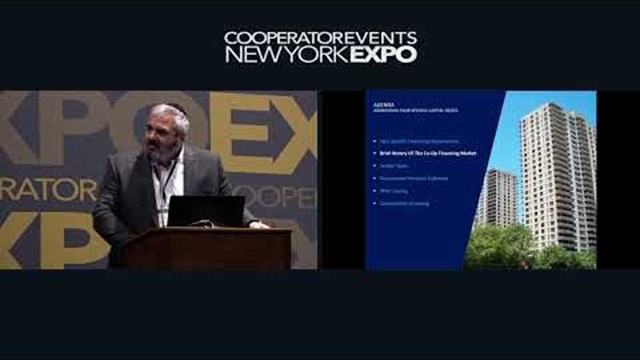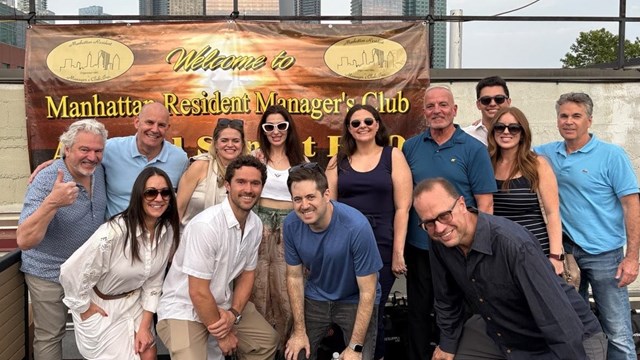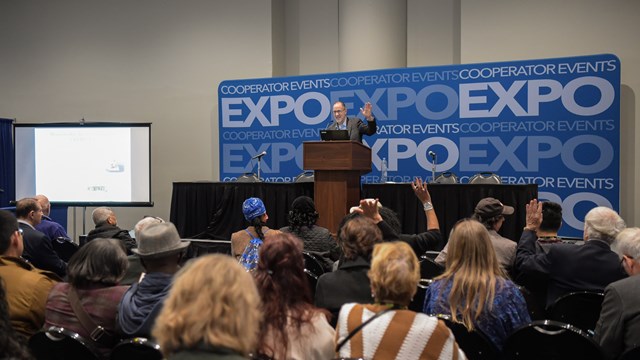Residential communities such as co-ops, condos, and HOAs are unique in that they take the governance of their properties into their own hands. While most properties do have managing agents to oversee staff and to handle the day-to-day operations, ultimately, it’s the board of directors or trustees that makes policy and determines the continuing health of the community. Board positions are filled by unit owner or shareholder volunteers—the positions are almost universally unpaid. Community members give of their time and expertise freely, and with the intent to do their ‘civic’ duty and protect the investment of themselves and their neighbors.
Often, residents with specific skills relevant to governing and managing property are ready, willing, and able to contribute their knowledge to the community. Boards often feature a concentration of attorneys, accountants, and business management professionals. But even these competent individuals still have much to learn and absorb when they are elected to the board. Every building and community has a history and a set of circumstances all its own. That’s a compelling thing about real estate: every property is unique.
So how should new board members get, well, onboarded? Should they take a course through the Community Associations Institute (CAI) or some similar local support organization for multifamily boards? Should building management or the building’s attorney and accountant hold an orientation to bring them up to speed? Should an existing board member mentor a new member and debrief them on the ins and outs, the do’s and don’ts of the building? Turns out, just as individual properties have their own cultures and challenges, they also have their own processes for orienting new board members—though of course, there is also a lot of overlap, even across regions. The Cooperator spoke with several multifamily management and administrative pros across the country to find out how their communities make sure new board members hit the ground running.
Management Training
Michael Pesce is the president of Associa, a large real estate management firm based in New Jersey that handles properties up and down the East Coast. “I do the training for our newly elected boards personally, with the assistance of our community managers,” he says. “I use a template outline that’s then customized for each of our managed communities.” The template includes sections on fiduciary obligations, legal governing documents, board responsibilities, insurance, and transitions. “The goal is to do more than just a typical review of responsibilities—it’s to provide a roadmap for new board members to know where their power comes from, and what constrains it.”
Daniel Wollman, CEO of Gumley Haft, a management firm based in New York City, has overseen the induction of new board members hundreds of times on hundreds of boards in his 30 years of managing cooperatives and condominiums. He also makes himself available to new board members. “A new board member needs some orientation,” says Wollman. “They can call me, or meet with me, and I explain the issues of the building—what’s currently going on, the nuances of different matters, projects, staff issues. It gives them insight to beginning their service.” However, along with the guidance, Wollman has some words of caution for new board members as well: “Don’t come with a personal agenda. Come with a view that you are contributing to benefit the whole building.”
Wollman also advises new board members that “the best thing a new member can do, just like in any new job, is to observe. New members need to learn their board’s procedures, ongoing projects, and priorities. To do that, the new board member should read and be familiar with the building’s board minutes—that will inform the new member on current matters in the building, house rules, and bylaws. Before attending their first meeting, the new member will receive an agenda, a management report, supporting documents, and the financial statements. These should be reviewed before the meeting, so they’re able to ask informed questions and contribute ideas or perspectives based on the facts.”
Wollman also stresses that confidentiality is an important issue that needs to be understood by new members. “They need to respect the confidentiality of financial documents submitted by purchasers, or any other shareholders and unit owners, as well as any other matters that may come before the board. Documents or other information don’t get shared with a neighbor or any others outside of the board.”
Smaller Properties
Not all communities have the wherewithal or resources to provide a professional level of training to new board members. Smaller associations and corporations may have to call upon existing board members to provide a more personalized level of orientation to new ones.
Anne S. is the president of a 56-unit co-op in Upper Manhattan. She has served on the board for about a decade. The tight-knit community has a live-in super and a managing agent, but in an effort to keep costs down, they don’t have the manager conduct a formal orientation for new members. Instead, Anne herself orients newcomers on the building’s specifics and makes use of outside resources to give them a more general understanding of how co-ops are run.
“I usually have a long conversation with whoever is joining the board to talk about our ongoing projects, the roles on the board, and the requirements to participate,” says Anne. “We do also require that new board members attend the CNYC”—Council of New York Cooperatives & Condominiums—“workshop for new board members, which is held at least annually—and which may be easier [to attend] this year because it will be done virtually. I find that this helps to orient the new member to thinking about the financial health of the co-op over time. New board members are encouraged to speak with current and former board members as well, to learn about how it all works. We also encourage questions, and pause in our meetings to explain stuff. We hope to create an onboarding manual, but have not had the time for this as of yet.”
As a point of personal experience and advice for those contemplating board service, Anne adds, “Honestly, I was out of my depth for the first year. We were negotiating the roof replacement, and there was so much to learn. I found it took me a year of just listening to understand what was going on.” Now, as the board president, she’s doing her best to shorten the learning curve for freshman board members.
State Requirements?
As with most issues governing business activities in the United States, there’s not much in the way of national uniformity. Requirements (or the lack thereof) are set at the state and local level.
Sheila van Duyne, a community law attorney and principal of the Van Duyne Law Firm in Reno, Nevada, points out that in her state, “New board members need to comply with NRS 116.31034 and certify that they have read and understand both their governing documents and NRS 116.”
Nevada Revised Statute (NRS) 116.31034 states, “Each member of the executive board shall, within 90 days after his or her appointment or election, certify in writing to the association, on a form prescribed by the Administrator, that the member has read and understands the governing documents of the association and the provisions of this chapter to the best of his or her ability. The Administrator may require the association to submit a copy of the certification of each member of the executive board of that association at the time the association registers with the Ombudsman pursuant to NRS 116.31158.”
“Typically,” says Van Duyne, “new board members do go through an educational seminar of some sort. We offer a new member ‘bootcamp,’ for instance. Board members are encouraged to attend educational events and classes.”
On the other hand, “New Jersey does not require such training,” says Scott Piekarsky, an attorney with the law firm Philips Nizer, which has offices in both New York City and Hackensack, New Jersey. “I believe orientation and training is a good idea, though. Good management companies are helpful in this regard. I also recommend to new people that they regularly read The Cooperator, and I recommend books, pamphlets, and other materials from CAI.”
Professional Training
Both CAI and CNYC offer courses of all types for board members. Often there are also one-time or one-day events on particular subjects of interest to all board members. As an example, CNYC is offering a course titled Introduction to Board Responsibilities. Help is there if you need it.
Visit CNYC online at www.cnyc.com/.
Visit CAI online at www.caionline.org/.
A J Sidransky is a staff writer/reporter for The Cooperator, and a published novelist.










Leave a Comment